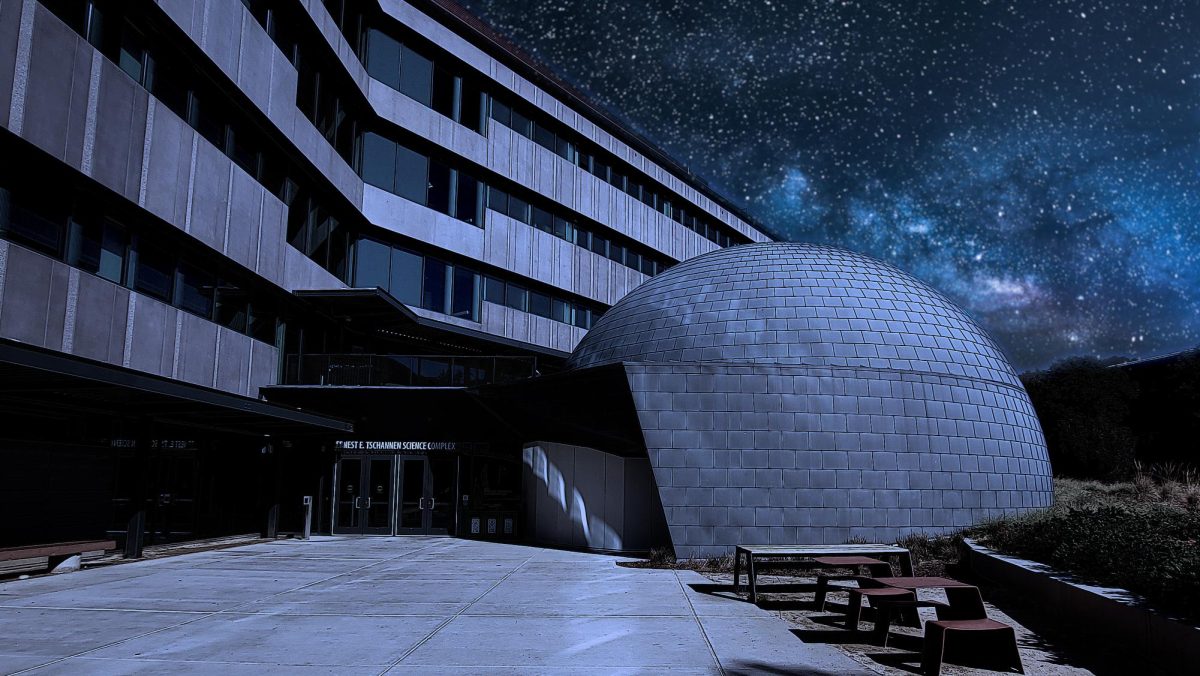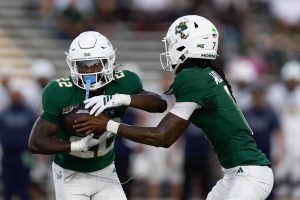Undeclared voters have limited choices

Jake Corbin:
February 6, 2008
Unbiased decision-making is being eliminated from this year’s California presidential primary election.
Gone are the days of taking in all the facts, then casting a vote for the candidate you feel will best serve the country. Nope, it’s time to pick a side or step aside.
Thanks to the Modified Closed Primary System currently implemented in California, unless you are a registered Republican or Democrat, you won’t have much say in the Feb. 5 primary election.
Voters registered in the two main parties are allowed to vote for their favorite candidate within their chosen party; everyone else’s ballot, however, will be left with nothing but propositions to ponder over.
Well, almost everyone.
Nonpartisan, or decline to state, voters can still leave their mark on next week’s primary, as long as that mark aligns with the Democrats.
Any registered nonpartisan voter can request a Democrat ballot at his or her polling place and cast a vote for Hillary Clinton, Barrack Obama or John Edwards.
It’s at this point that little red flags with the words “not okay” printed boldly on them should start popping up.
At what point did it become OK for political parties to discriminate against voters for not pledging their undying allegiance? Is this still America, the birthplace of democracy, or did I warp to North Korea?
“That’s crazy?people should be able to vote for whoever they want,” said junior social work major Eugena Gaines. “We have freedom of speech in this country; even though we can’t always voice our opinion, we can bubble it in (on the ballot).”
But when certain voters are not allowed to cast a ballot for the candidate they feel strongest for, what is really left of that freedom?
Sure, everyone can vote across party lines for the general election, but not having a say in who those choices are in November severely limits our democratic voice.
With nearly 20 percent of California voters registered as decline to state, according to the Secretary of State’s website, there are plenty of people who might see this as a problem. The Republican Party, however, doesn’t see anything wrong.
“It’s a team who determines who the team captain will be,” said Hector Barajas, communications director for the California Republican Party. “When the season is over, everyone gets to decide who the most valuable player will be. Right now we are choosing our team captain.”
Barajas feels it’s up to those who have officially declared, “I am a Republican” to pick who their next potential leader will be. Essentially, if you’re not a part of the club, then you don’t have a say as to what goes on inside it.
While I can understand the Republican’s viewpoint, there is one glaring problem: Discrimination has no place in politics, especially when deciding the future of the country.
What happened to rewarding the independent thinker who stayed unbiased and made a thoughtful, rational decision?
“Closing out the primary to nonpartisans is a mistake,” said Brian Brokaw, spokesman for the California Democratic Party. “[The Republican Party] is not only shooting themselves in the foot, but chopping their own leg off? not only in terms of looking forward to November, but beyond when it comes to increasing their numbers.”
“It’s decisions like this that explain why the Republican Party remains the minority party here in California and in Congress,” added Brokaw.
I, however, disagree with this last statement.
The only minority party in this country is comprised of the voters who have not aligned themselves within the two-party system.
I am beginning to understand the “Why bother?” attitude of many registered voters who avoid the polls on Election Day.
Contact Jake Corbin at [email protected].


























































































































